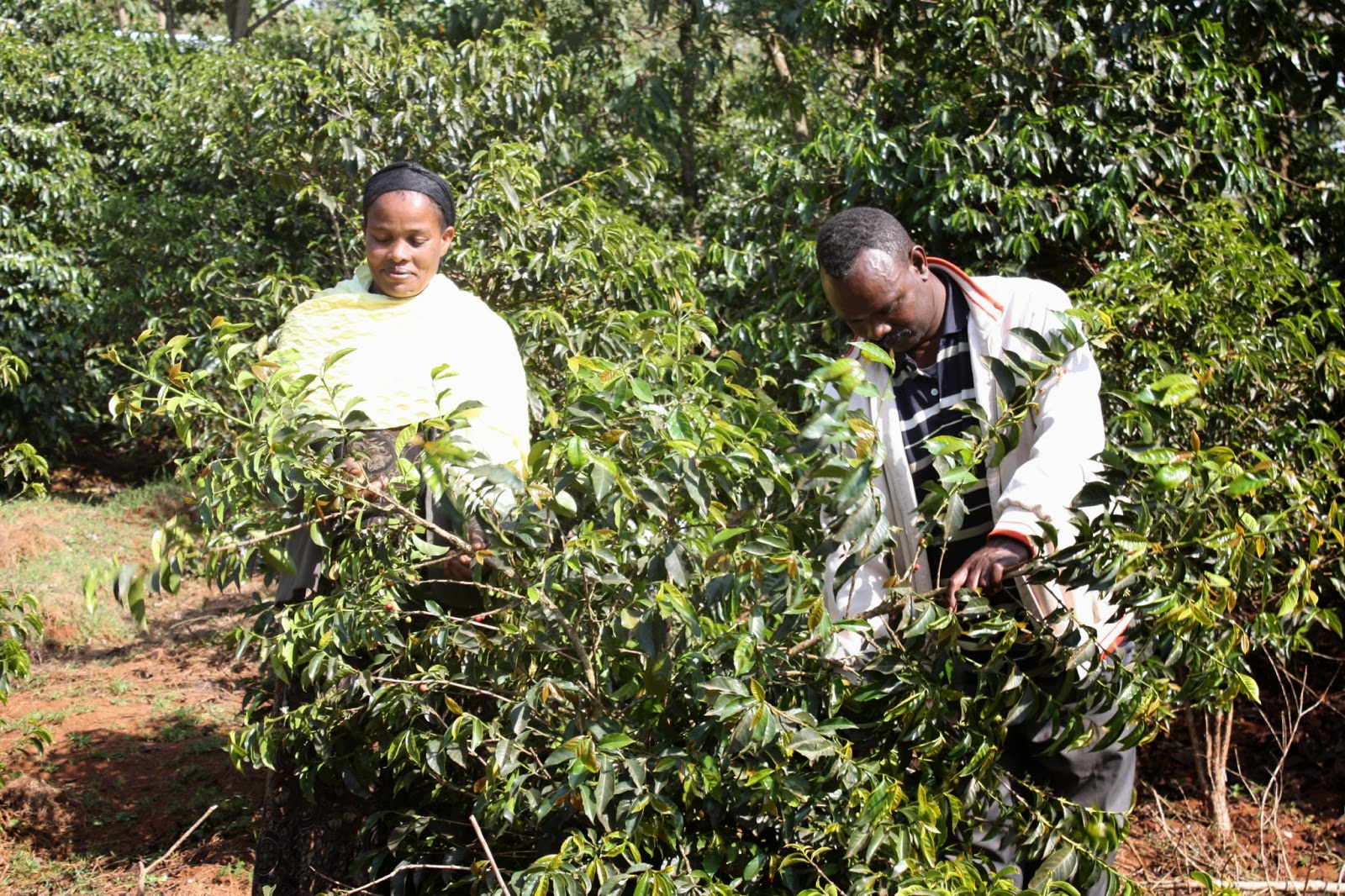የሲዳማ ቡና ኣብቃዮች ሚና በኣከባቢ ጥበቃ

THE ROLE OF LIVESTOCK IN MITIGATING LAND DEGRADATION, POVERTY AND CHILD MALNUTRITION IN MIXED FARMING SYSTEMS: THE CASE OF COFFEE-GROWING MIDLANDS OF SIDAMA - ETHIOPIA MAURO GHIROTTI Central Technical Unit, Directorate General for Cooperation and Development, Ministry of Foreign Affairs, via S. Contarini 25,00194 Rome - Italy Introduction Land degradation in the tropics is strongly associated with human population growth. The latter phenomenon is quite marked in humid areas and in the temperate highlands (Jahnke 1982). Notably in the plateaux of Sub-Saharan Africa and Asia, several pastoral systems have gradually evolved into mixed farming, in order to cope with such pressure (Ruthenberg, 1980). Land is more intensively utilized as population density increases since mixed systems are more efficient than specialized crop or livestock systems (McIntire et al.,1992). In fact, livestock crop integration allows: to diversify production, to distribute labour and harvest bet




